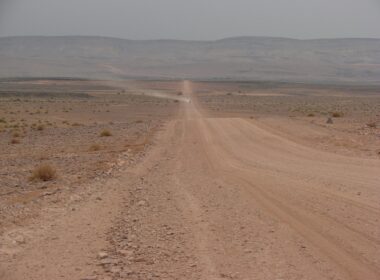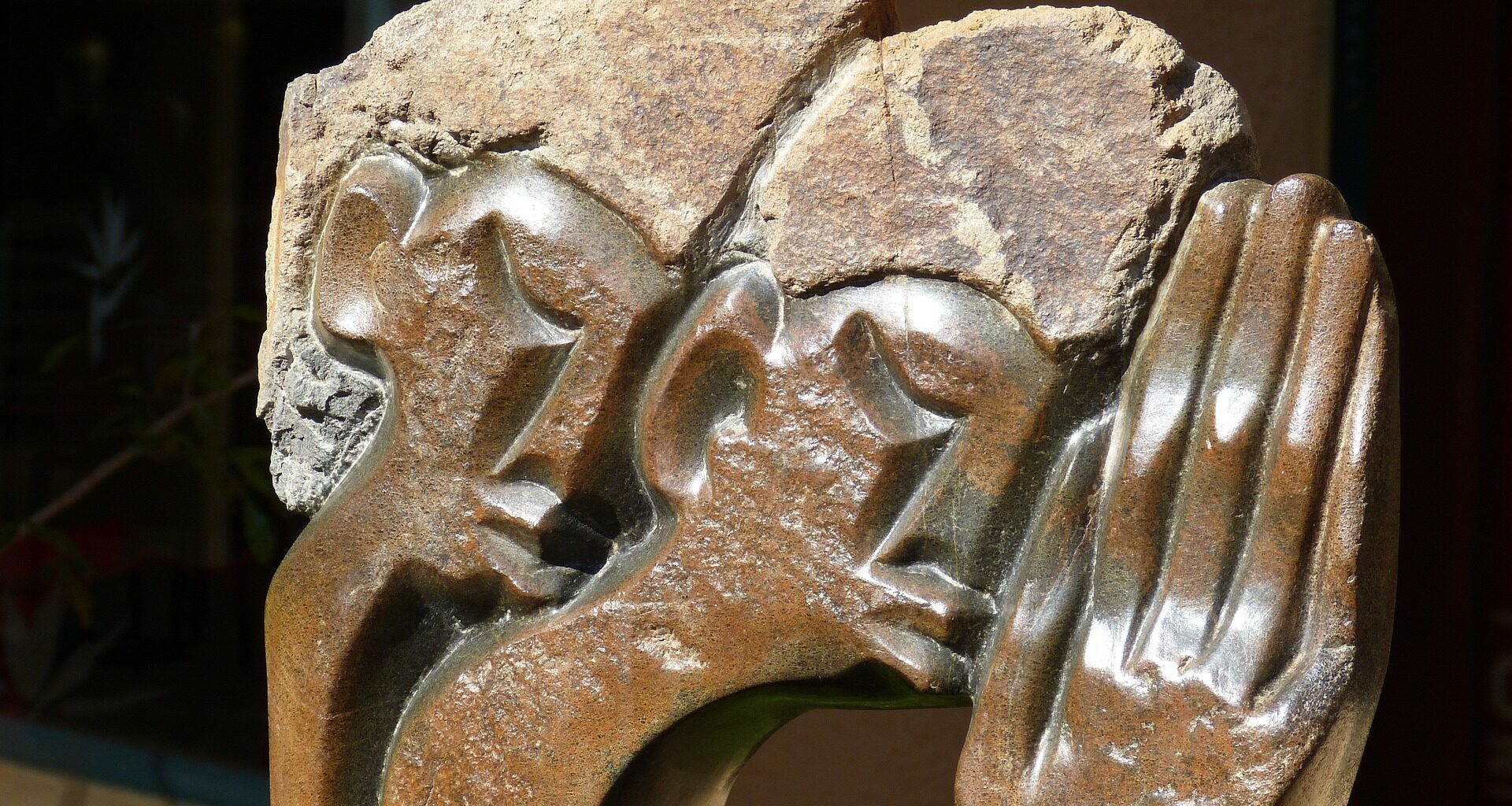Grad school was a harrowing experience.
On a late summer day in 2004, I uprooted myself and moved thousands of miles from home to study theology, a subject only passingly familiar to me. I was deeply passionate about it, but deeply uncomfortable about the unknowns in my future. Would I fail to make friends? Would I fail to survive in a painfully new place? Would I fail graduate school?
Over time, I found a home and security among the Jesuits — a saucy, colorful group of theologians-in-training whose calling card was the Socratic method. Question, question, question. Ironically, nothing was sacred.
I found this curiosity to be particularly keen among the African Jesuits. They had a zest for life I’ve never known in another human being. Conversations — even simple greetings on the sidewalk between classes — rocked between guttural laughter and giddy excitement about the latest revelations from Paul. Even the sunshine was enough to elicit a beaming smile and boisterous celebration.
Simply associating myself with these beacons was a blessing — I found myself buoyed by their kindness and poorly timed guffaws. Among them, questions weren’t dangerous, they were satisfying. We spent hours over wine, over communal stew, over coffee and stale doughnuts, parsing the meaning of this and that in Paul’s epistles or that other thing Yahweh said and why in God’s good name Abram was permitted to be such an old man. Oh, and how old are angels anyway?
Despite these frequent conversations, I seemed to miss their satisfaction — the fire ignited in questioning. As I slogged through my classes, convinced failure was just around the corner, I couldn’t shake the doomsaying of my own mind. Perhaps it was the darkness of my Catholicism that weighed me down (sinner once, sinner always), or maybe the unknowns of that still strange place, far from home. It hardly mattered why; every day was a struggle.
I worked hard at finding an escape: in social gatherings with classmates, in poetry writing, in meditation and church, in running and eating, in weekend walks by myself, away from the world.
Redemption didn’t come. So I went to confession — less to confess, I suppose, and more to ask questions. Where does one find the spark? How could I shake the fear of failure? Why am I struggling so much? How can I be satisfied with questions that don’t have answers?
If you’ve ever been to Catholic confession, you know it’s usually a formal affair: the priest sits faceless behind a screen while you stumble through the details of your many sins, closing with the Act of Contrition and bracing for penance. Five Hail Marys and two Our Fathers. Pray the entire rosary. Think about the impact of what you’ve done.
This was not that. I was invited into an open room of the Jesuits’ community building, flooded with sunshine. In nothing more than a simple clerical collar, one of my African friends sat on a stool. He beamed when he saw me come in. “Jeff! Jeff, Jeff, Jeff. Come, come, come. Sit, sit.” He stood up to welcome me — gave me a hug, then motioned for me to sit next to him.
With his smile never ceasing, he pulled his stool closer. “Now, my friend,” he whispered, “tell me. What is on your mind?”
Reflexes kicked in and I recited: “Bless me Father, for I have sinned. It has been six months since my last confession —”
My good friend stared at the floor and shook his head. Then lifted his hand to stop me. I paused, unsure what I had gotten wrong.
“No, no, no. Jeff, Jeff, Jeff. None of that. Tell me what is on your mind, what questions are in your soul. Why do you come today?” He looked at me, grinning now, eager to hear. To understand.
After a dusty pause, I shrugged. “I suppose… well… I… ”
I couldn’t push out the words. Silence filled the room as I stared out into the street. My dear friend’s eyes remained fixed on me. He waited.
In that uncomfortable limbo, students ambled up and down the sidewalk. Most of them clutched textbooks, their minds elsewhere. At one point, a 20-something appeared through the window. He wore fraying jeans and a cropped-top T-shirt. His hair was pink, pointed in every direction. In his hand, he clutched a wooden cross. As he walked, his lips moved in prayerful recitation.
Suddenly, the words came to me.
“Why do my prayers do nothing?” I pleaded. “I’m struggling here — I have since the first day. Classes are hard. I haven’t made many friends. I’m terrified of failure. And I pray — constantly — for the help I need to get through this. I ask God for what I need to succeed. To be happy. Nothing seems to change.”
I noticed the sun illuminating my good friend’s bald head in a cheesy sort of halo. It almost made me laugh. He must have seen me hide it, because his grin grew. He looked at me — straight into my eyes — and started shaking his finger. He reached out and held my arm.
“Jeff, my dear friend. You are God’s gift. Not in the making. You are made, my friend. You are light and blessing and goodness now, today. As sure as the sun shines, you are who are meant to be.”
As for all you ask – you, yourself are the answer. So maybe, maybe my good friend, it is time you let your life be your prayer.”










